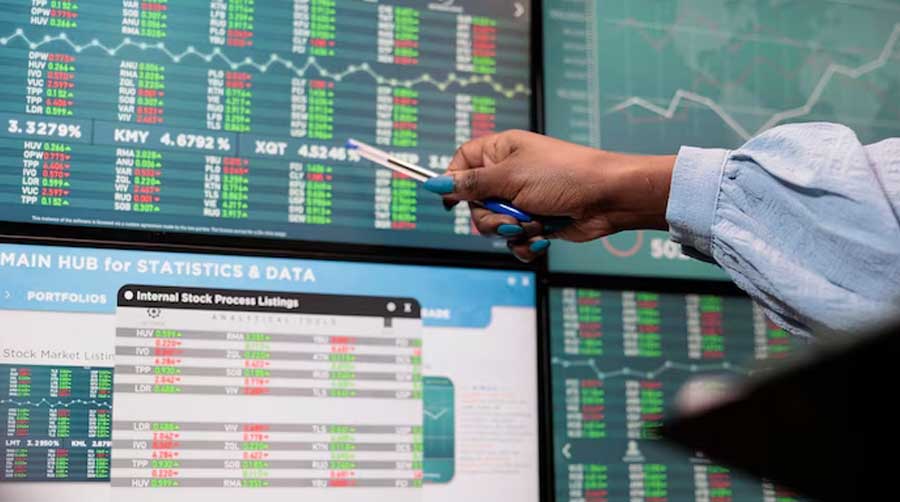
Commodity brokers are a crucial part of the commodities market, acting as intermediaries between buyers and sellers of commodities, such as metals, grains, energy, and livestock. The profession of commodity brokering has a long and rich history, dating back to ancient times.
The earliest known commodities market can be traced back to ancient Sumer, around 4500 BC. At this time, agricultural goods such as barley and wheat were traded using standardized units of measure, and brokers acted as intermediaries between buyers and sellers. These early commodity brokers were responsible for ensuring the quality and quantity of goods exchanged, as well as facilitating fair pricing.
Throughout history, commodity brokering continued to be an important part of trade and commerce. In ancient Greece and Rome, brokers facilitated the trade of a wide range of commodities, including grain, wine, and olive oil. The Roman Empire even had a state-run commodities exchange, the Aerarium, which facilitated the trade of goods such as salt and wheat.
During the Middle Ages, commodity brokering continued to play a key role in trade and commerce. In Europe, merchants would gather in trading towns and markets to exchange goods, and brokers were responsible for negotiating prices and ensuring that transactions were fair and equitable.
The modern profession of commodity brokering began to take shape in the 19th century, as the industrial revolution spurred increased demand for raw materials such as coal, iron, and steel. As the commodities market grew more complex, specialized brokers emerged, focusing on specific markets and commodities.
In the United States, the Chicago Board of Trade (CBOT) was founded in 1848, and quickly became a hub for commodities trading, particularly for agricultural commodities such as wheat and corn. Brokers at the CBOT played a crucial role in facilitating trade and ensuring that transactions were fair and transparent.
Over time, commodity brokering has evolved to keep pace with changes in technology and the global economy. Today, many commodity brokers use sophisticated computer systems and algorithms to track market trends and make trades, and they may specialize in a wide range of commodities, from precious metals to energy futures.
Despite the evolution of technology and the changing nature of the commodities market, the core function of the commodity broker remains the same: to act as an intermediary between buyers and sellers, and to ensure that transactions are fair, transparent, and efficient.
One of the key benefits of using a commodity broker is the expertise and guidance that they can provide. A skilled broker can help clients navigate the complexities of the commodities market, and can provide valuable insights and analysis to inform trading decisions. Additionally, brokers can help clients manage risk, by providing advice on hedging strategies and by ensuring that transactions are executed at fair prices.
Another benefit of working with a commodity broker is access to specialized trading platforms and tools. Many brokers offer sophisticated trading platforms that allow clients to make trades quickly and efficiently, and to track market trends in real-time. Additionally, brokers may offer access to research and analysis tools, such as market reports and price charts, which can help clients make informed trading decisions.
The profession of commodity brokering continues to play a crucial role in the commodities market. By facilitating trade and ensuring that transactions are fair and efficient, commodity brokers help to keep the market functioning smoothly, and provide valuable guidance and support to traders and investors alike. As the commodities market continues to evolve and grow, the role of the commodity broker is likely to remain essential.
Ready to start trading futures? Call 1(800)454-9572 and speak to one of our experienced, Series-3 licensed futures brokers and start your futures trading journey at E-Futures.com today.
Disclaimer – Trading Futures, Options on Futures, and retail off-exchange foreign currency transactions involves substantial risk of loss and is not suitable for all investors. Past performance is not indicative of future results. You should carefully consider whether trading is suitable for you in light of your circumstances, knowledge, and financial resources. You may lose all or more of your initial investment. Opinions, market data, and recommendations are subject to change at any time.



